Testifying in the most important US antitrust trial in 25 years, Mr Pichai acknowledged that deals to make Google 's search engine the default on smartphones and browsers could be "very valuable".
Done right, deals with tech giants, smartphone makers and mobile telecom companies – worth billions of dollars a year – “can make a difference,” he said.
“There are scenarios where defaults are very valuable,” he added, and users benefit as well.
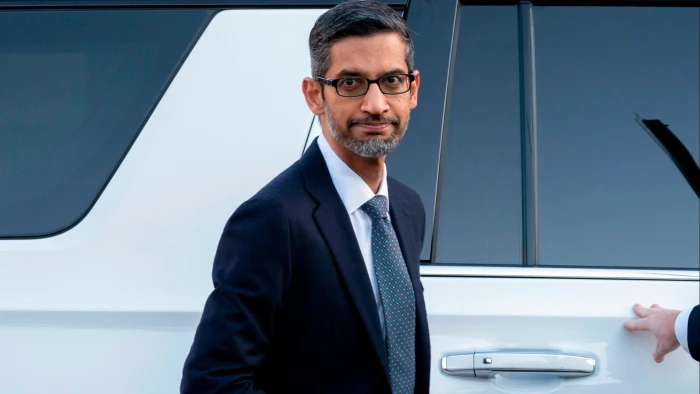
The US government has accused Google of maintaining an illegal monopoly by paying for deals that ensure its search engine appears prominently on smartphones and browsers. The company denies this, saying it faces stiff competition and that its market share is a result of the strength of its products that consumers choose to use.
Previously, the US Department of Justice revealed that Google spent up to $10 billion a year on such agreements. However, during a hearing on October 27, an executive shared that the "giant" paid $26.3 billion for the above transactions in 2021.
Mr Pichai is the highest-profile witness to appear in the landmark trial since Microsoft CEO Satya Nadella appeared earlier this month.
Microsoft was presented at the trial as the most prominent technology company challenging Google's dominance of the Internet search market through its Bing engine. In his testimony, Mr. Nadella said the argument that users have a choice in search is "bogus."
Prosecutors claim Google engaged in similar practices to those used by Microsoft in the early 2000s. Justice Department attorney Meagan Bellshaw on Oct. 30 cited a letter sent by Google as Microsoft prepared to launch a new version of its Internet Explorer browser in the 2000s.
Google threatens legal action because Microsoft's search engine will become the default in the new browser and users will not be prompted to choose.
Under the agreements to make Google the default search engine, Google prohibits its partners from prompting users to choose their own default search engine.
Mr Pichai argued that Microsoft was not “respecting” users at the time because Internet Explorer’s default settings were hidden. He said he had observed Microsoft’s efforts to make it difficult for users to switch their default browser or search engine “all the time”.
Attorney Bellshaw also cited a 2008 email from a Google employee to corporate staff that said their instant messages would be kept private because the company was "facing a number of significant legal and regulatory issues."
Federal prosecutors claim Google hid evidence and destroyed documents for years. However, Google claims it has provided more than 5 million documents in the case.
During the trial, a Justice Department lawyer asked Mr. Pichai about a 2007 discussion among Google executives, including Mr. Pichai—who was not yet CEO—about Apple’s request to let users choose their search engine in a new version of its Safari browser. A document from the time said that 75% of people did not change their default settings, noting: “Defaults are powerful.”
However, Google argues that if people are not satisfied with their default search engine, they can switch to another provider. Besides, the revenue sharing agreement is legal and the company has invested a lot to maintain the competitiveness of its search and advertising businesses.
The ongoing trial is the most significant antitrust case against Big Tech since the Justice Department accused Microsoft in the 1990s of trying to kill the Netscape web browser with its Windows operating system. A judge ordered Microsoft to be broken up, but the ruling was ultimately overturned on appeal.
(According to FT, Reuters)
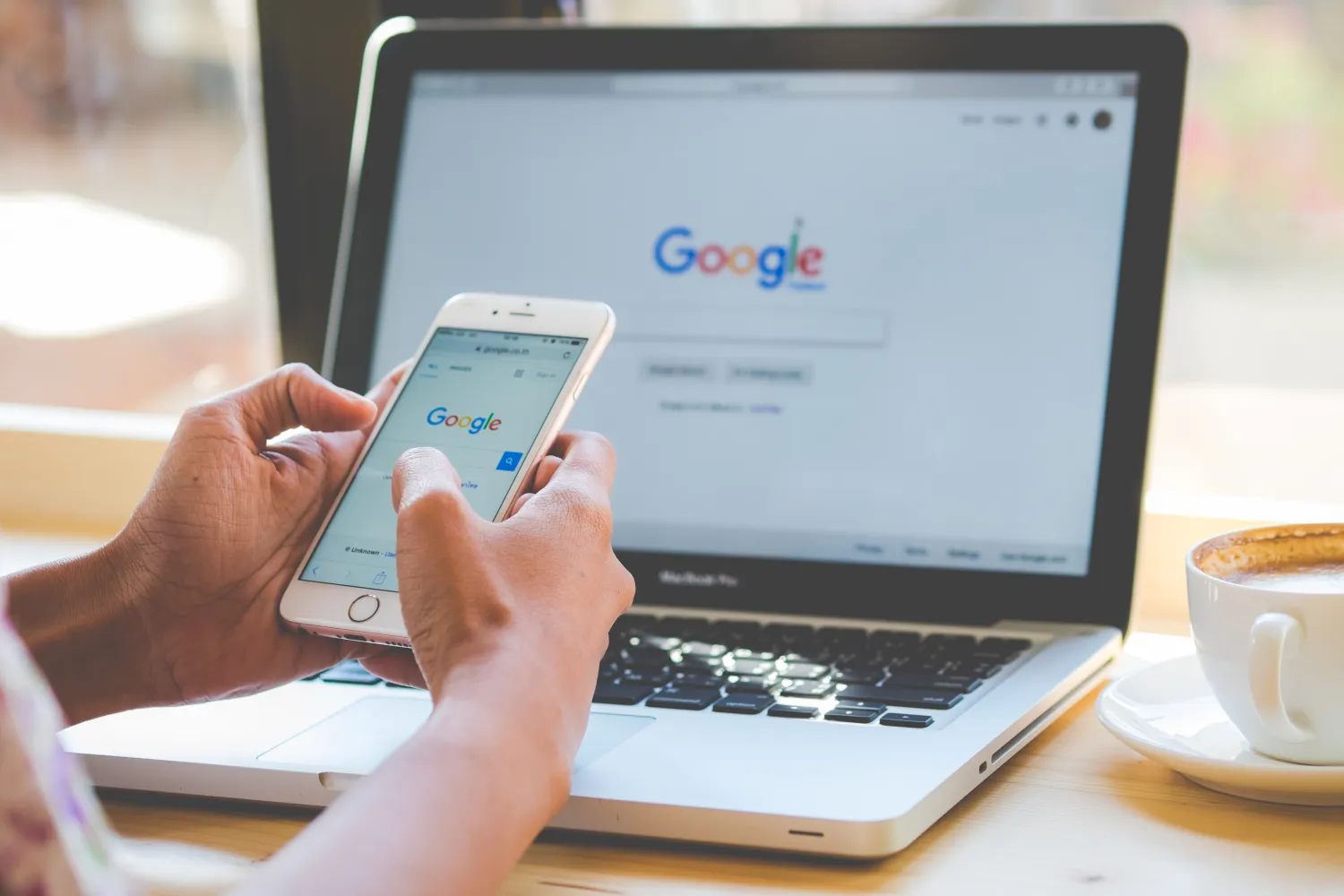
Source





![[Photo] General Secretary To Lam attends the 80th Anniversary of the Cultural Sector's Traditional Day](https://vstatic.vietnam.vn/vietnam/resource/IMAGE/2025/8/23/7a88e6b58502490aa153adf8f0eec2b2)



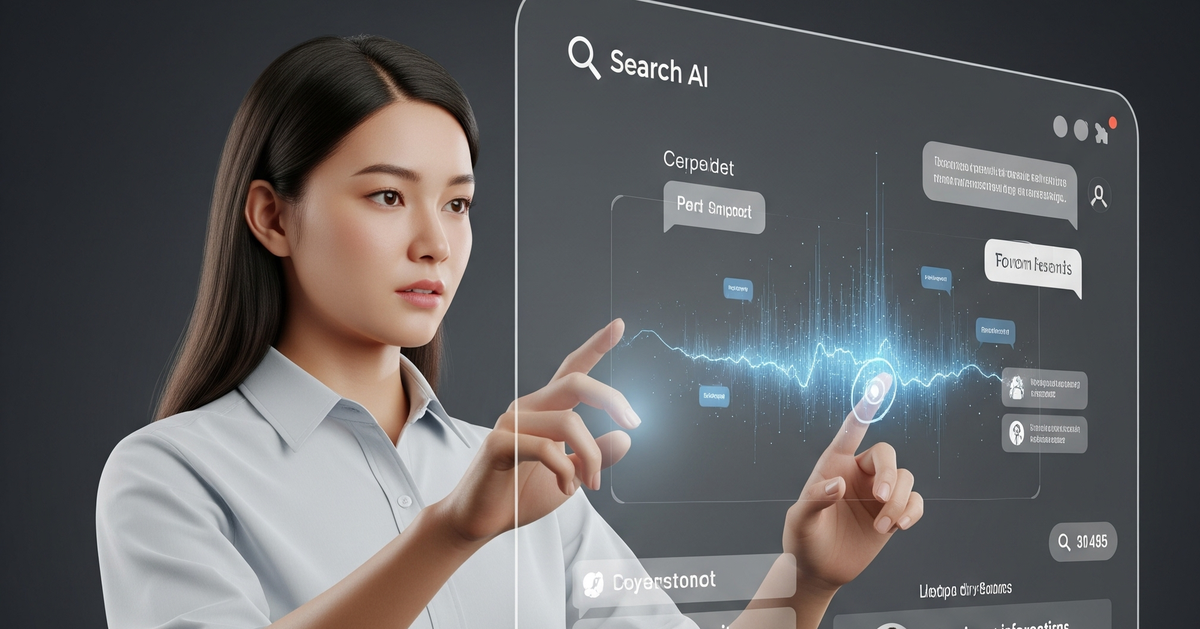

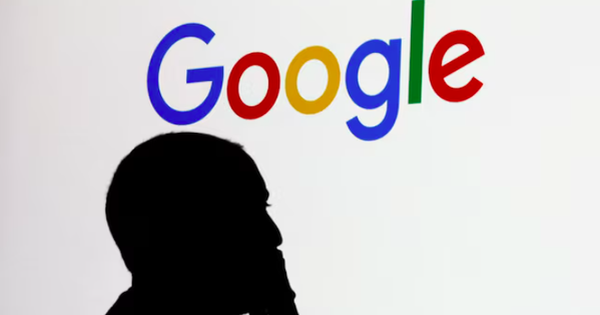

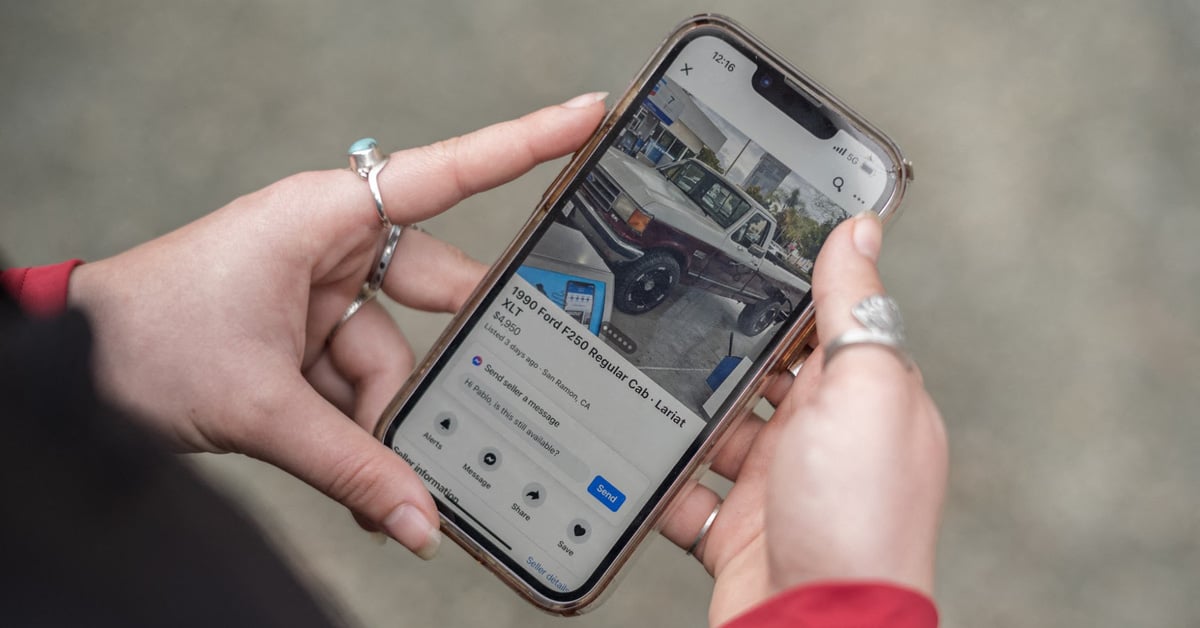

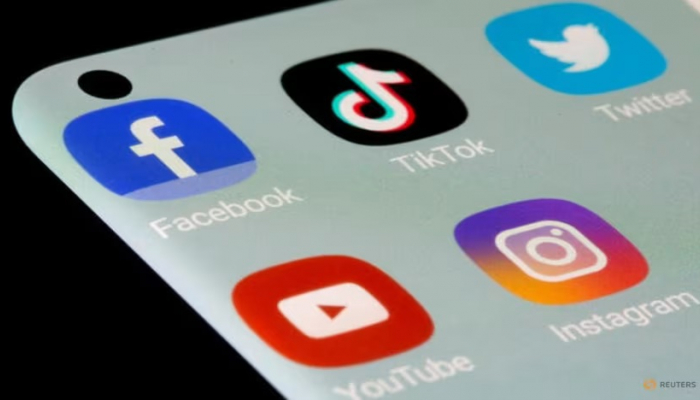



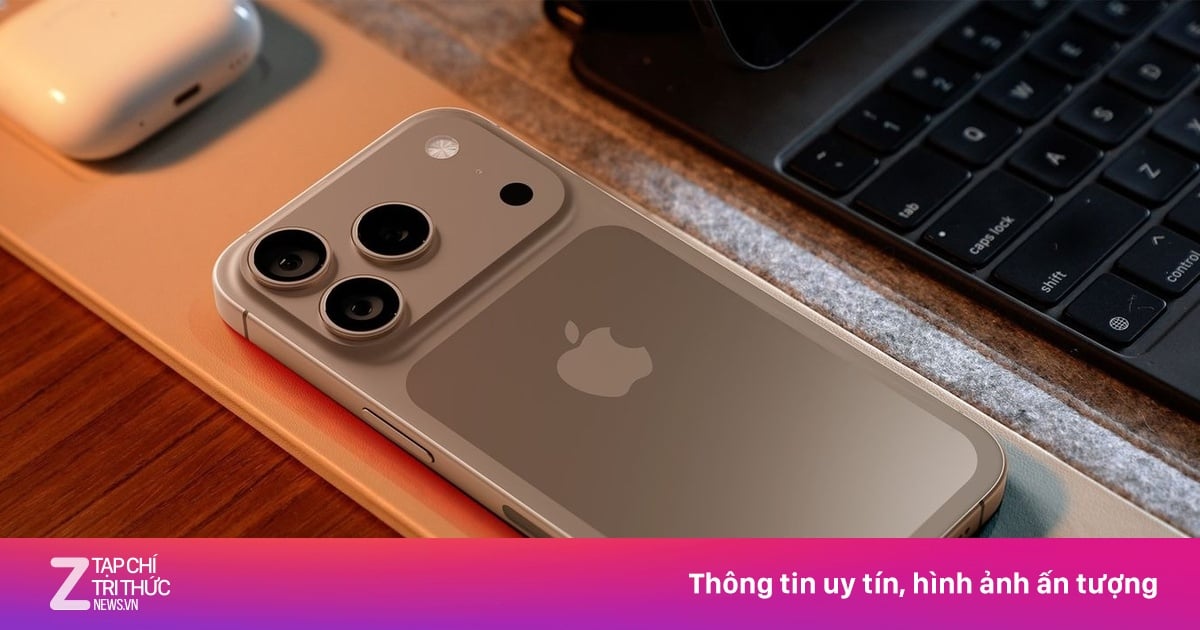

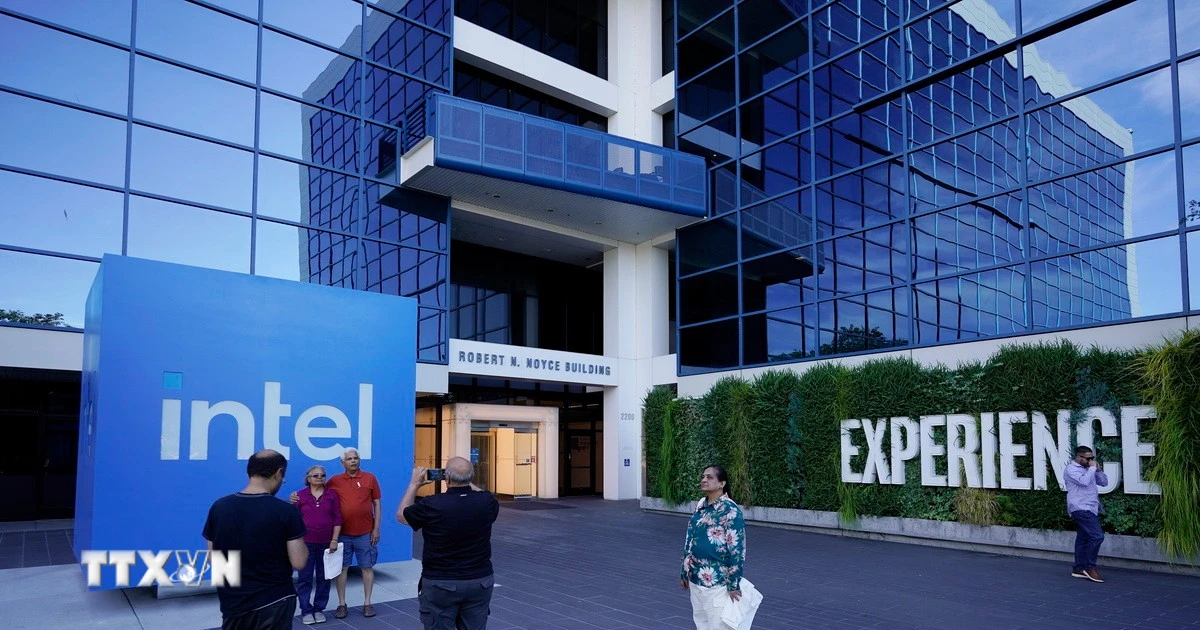


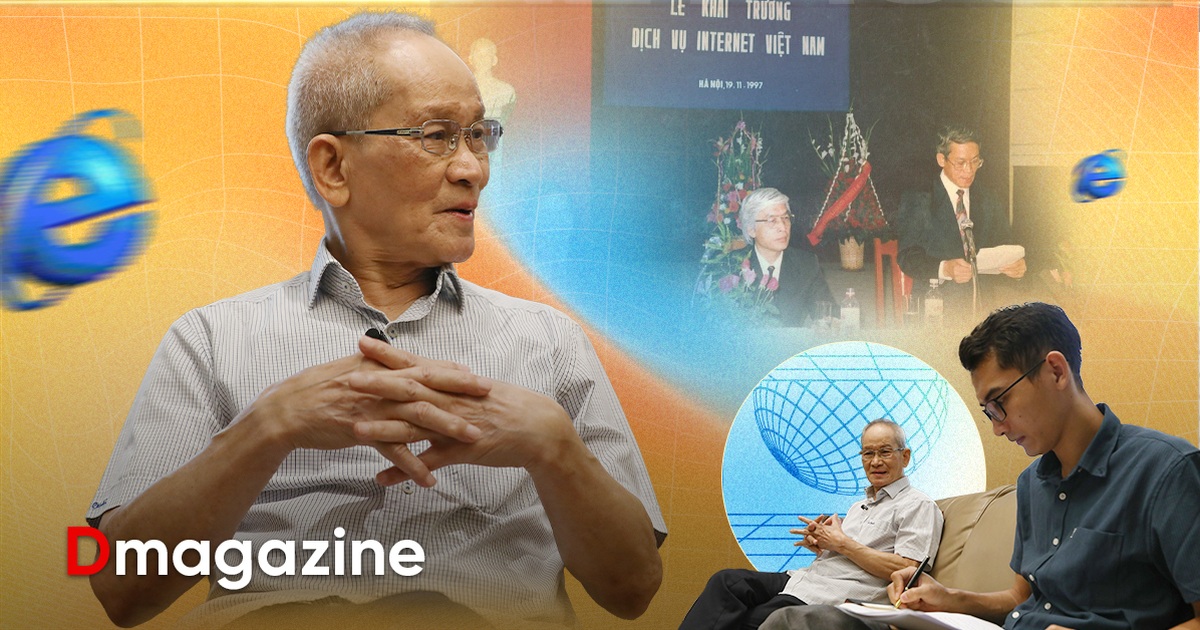







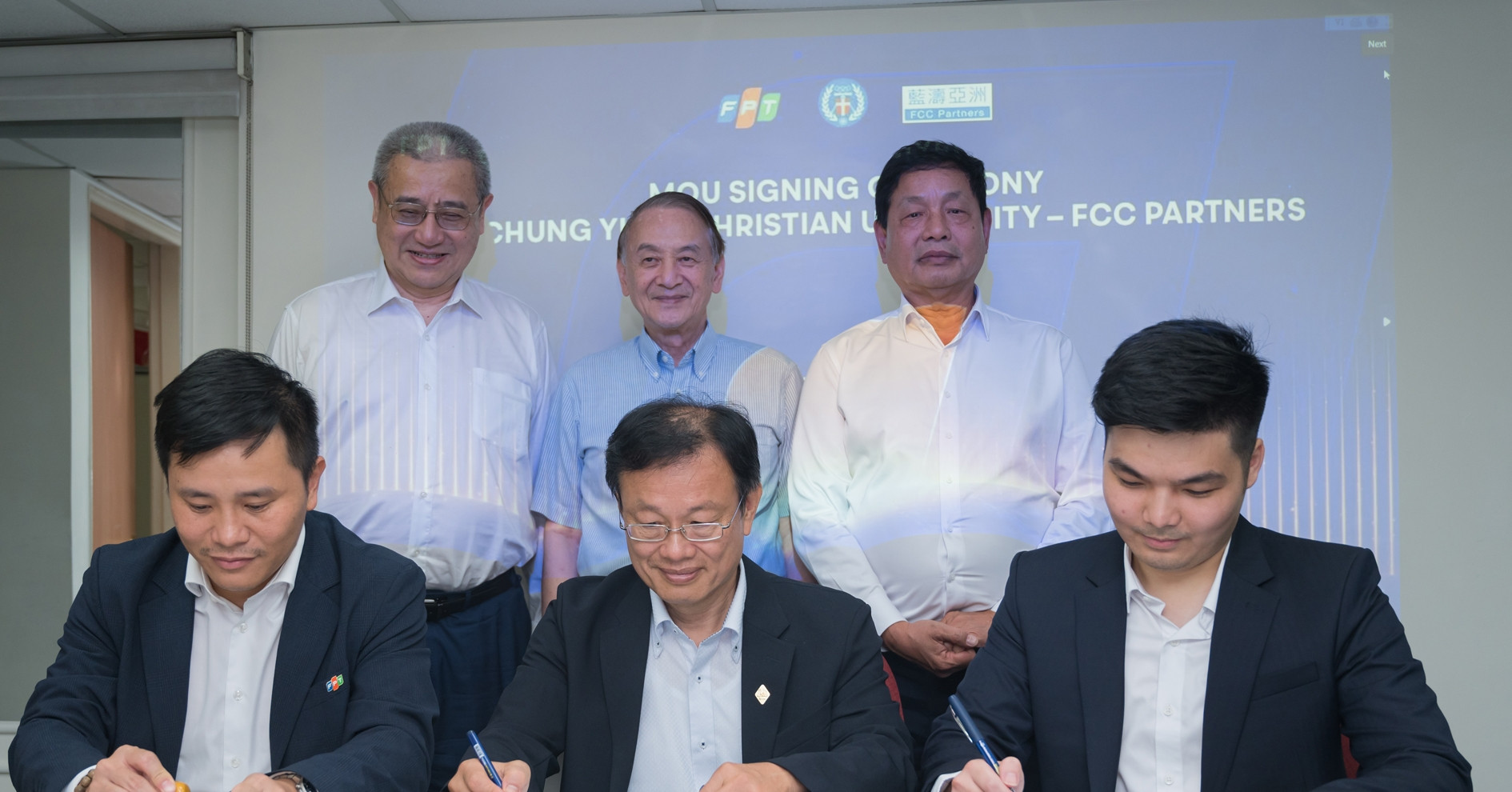
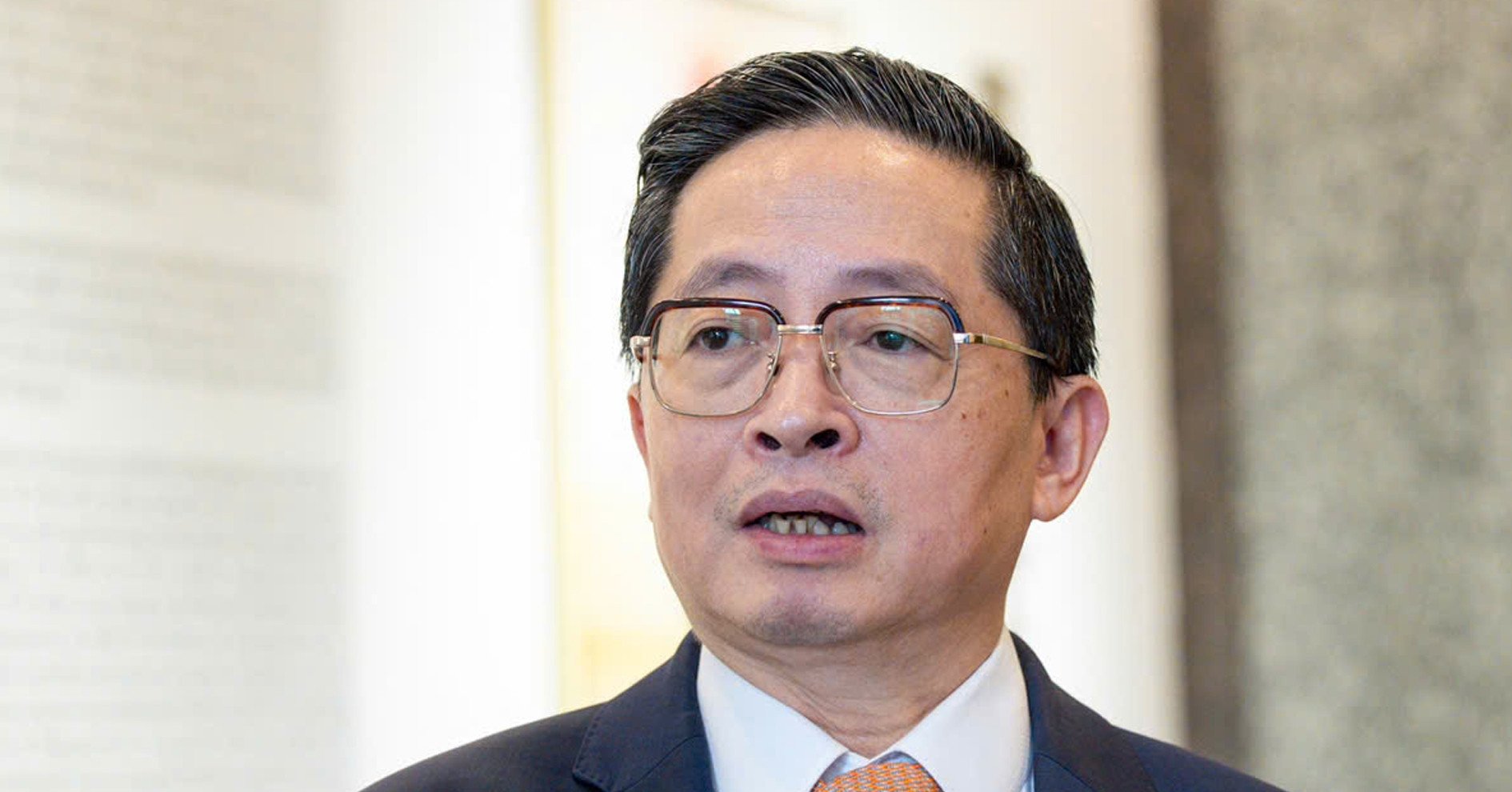


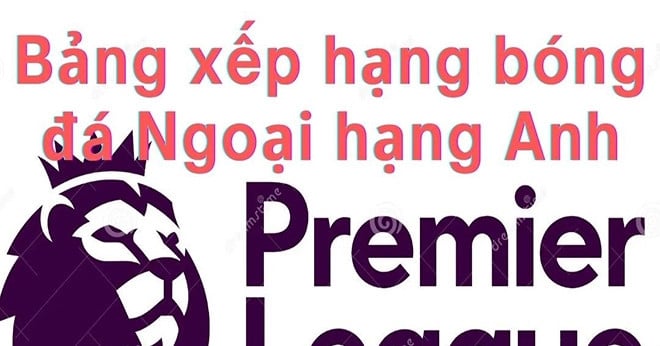
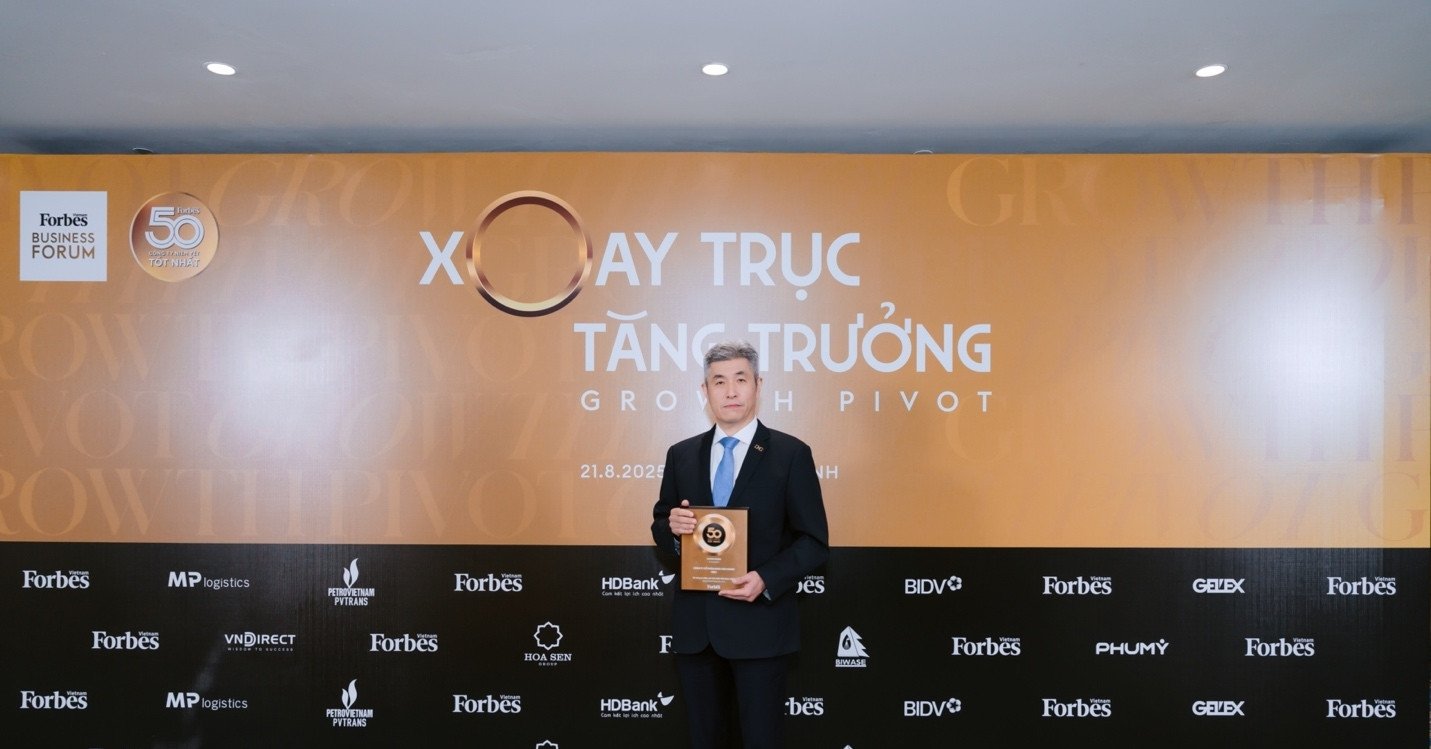







































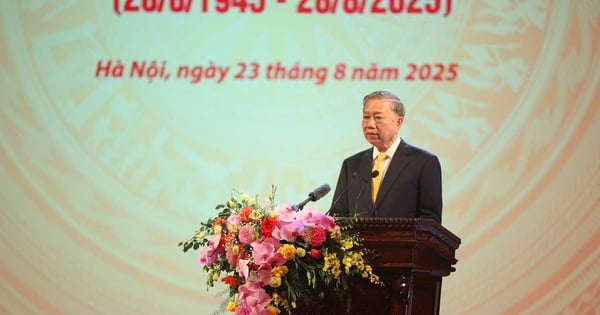






















Comment (0)